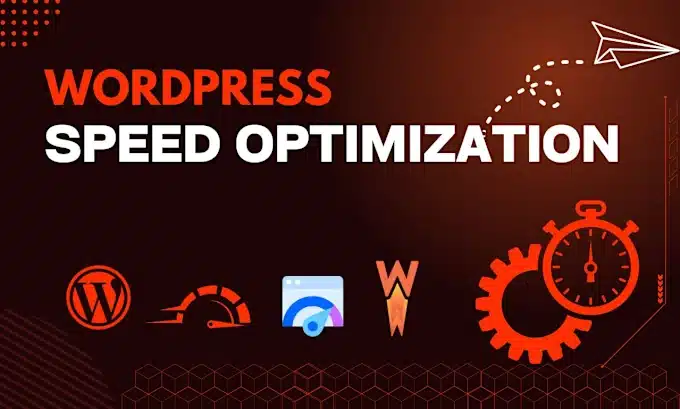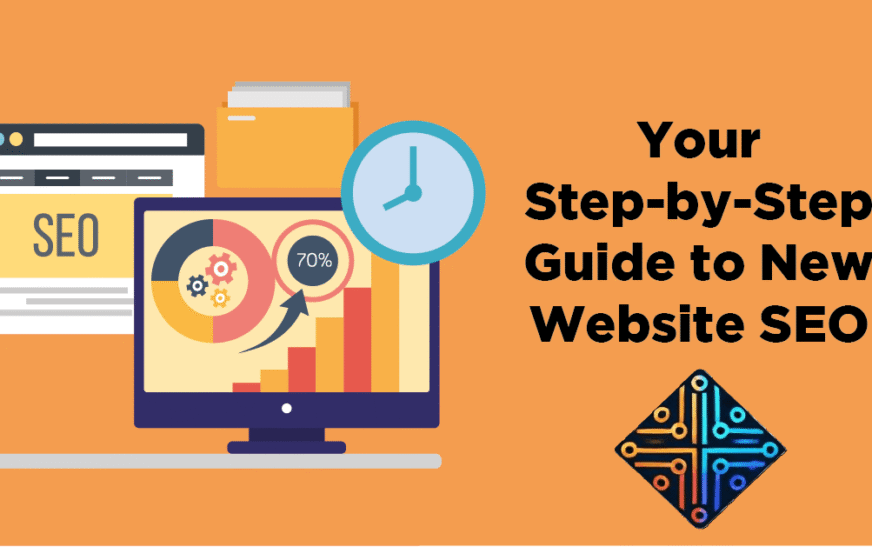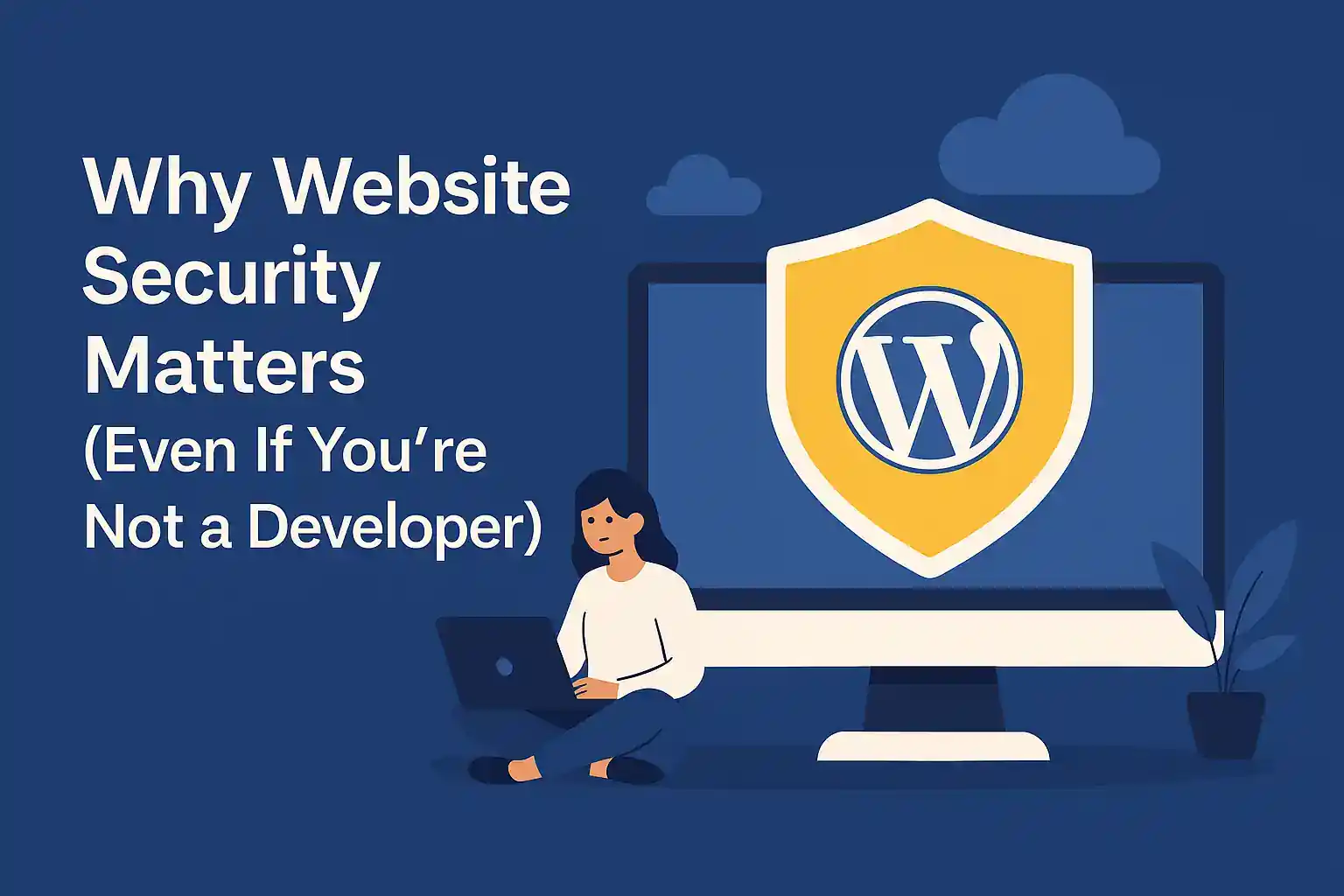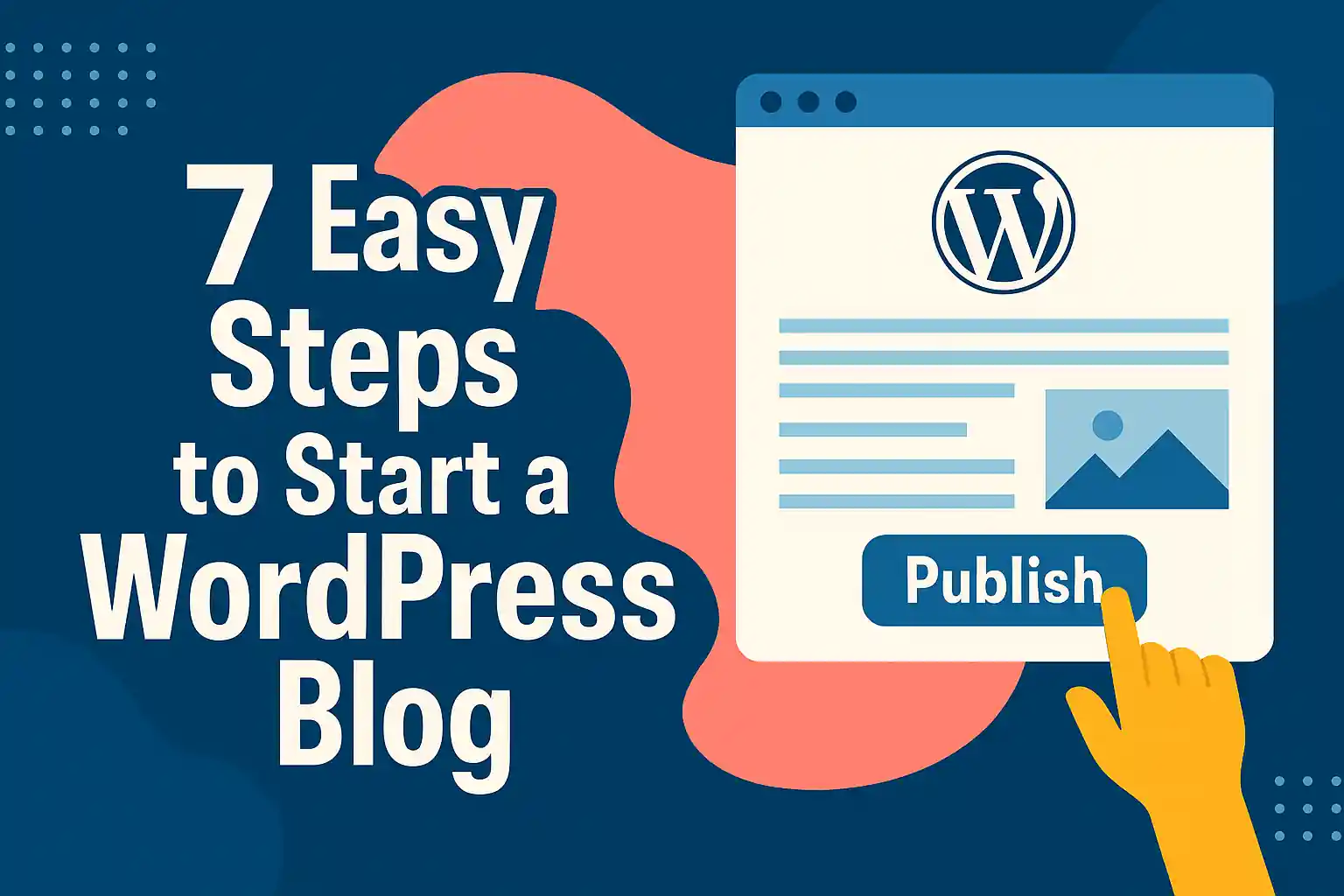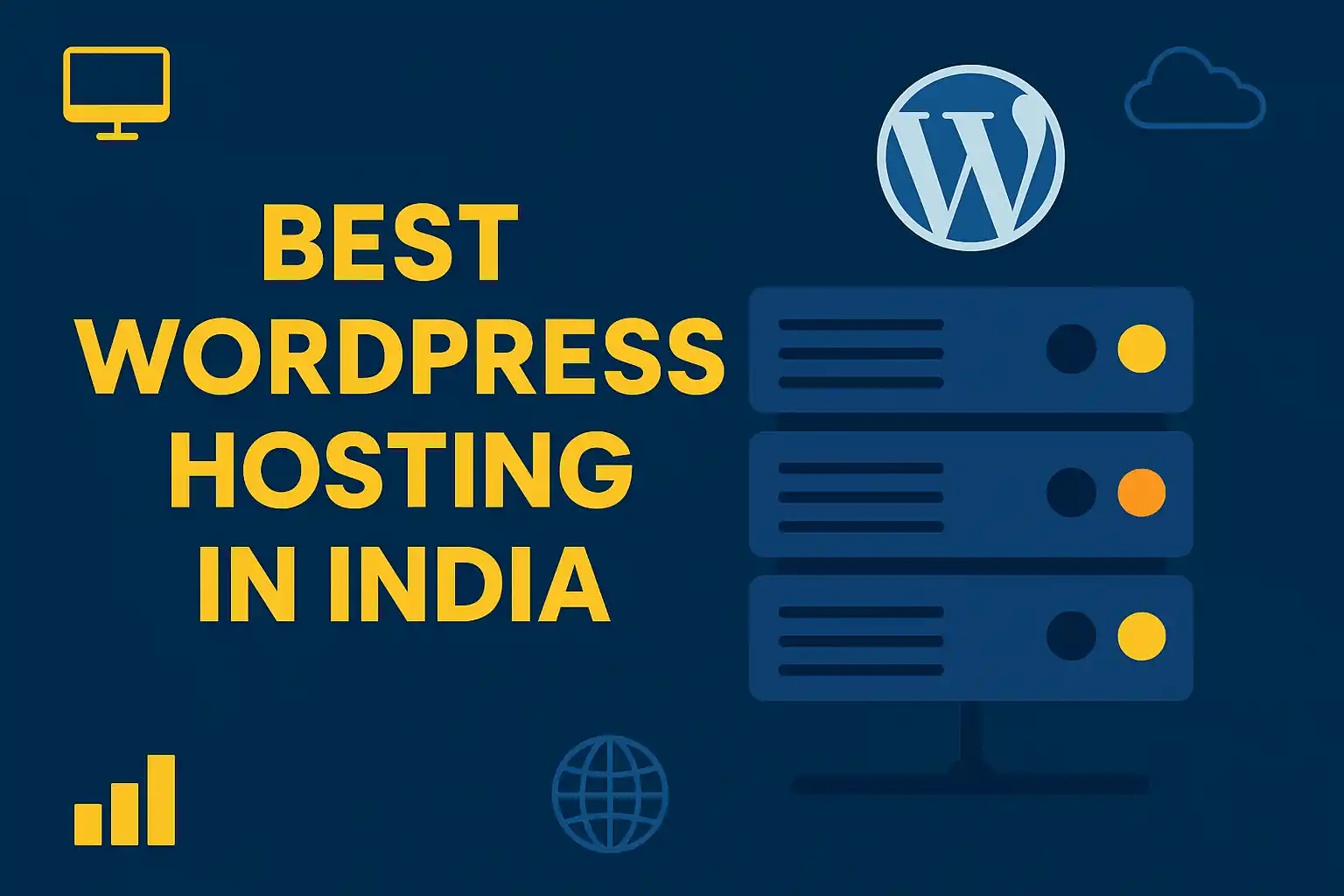Here’s the revised version of the article with a slight personal touch while still focusing on technical content:
1. Introduction
What is WordPress Optimization?
Optimizing your WordPress site is essential for boosting performance, SEO, and security. It involves making technical tweaks and content adjustments to ensure your site loads quickly, is secure, and ranks higher on Google. With more people relying on fast, user-friendly websites, optimization is key to staying ahead of the competition.
Why Is Optimizing Your WordPress Site Important?
When I first started working on optimizing my WordPress site, I quickly realized how much of an impact performance had on everything from user experience to search engine rankings. A well-optimized website is more likely to attract and retain visitors, increase engagement, and ultimately, help convert visitors into loyal subscribers or customers.
2. Improving WordPress Speed
How to Check Your WordPress Site Speed
Before diving into optimization, it’s important to assess where you stand. Using tools like Google PageSpeed Insights or GTmetrix gives you an accurate picture of your site’s performance and highlights areas for improvement.
Best Plugins for WordPress Speed Optimization
Here are some plugins that I’ve found really helpful for speeding up WordPress:
- WP Rocket: A premium caching plugin that offers easy-to-use features.
- Autoptimize: A great plugin to minimize and cache your scripts and styles.
- W3 Total Cache: If you need a more comprehensive solution for caching, this plugin is highly effective.
Image Optimization Tips
One area where I noticed a significant improvement in load times was optimizing my images. Tools like Smush and ShortPixel automatically compress images, making them lighter without compromising on quality.
3. Optimizing WordPress for SEO
Importance of SEO in WordPress Optimization
SEO is the backbone of any website’s online visibility. I’ve spent considerable time optimizing my content and structure to ensure Google can easily crawl and rank my pages. The better optimized your WordPress site is, the higher the chance it will appear on the first page of search results.
Using SEO Plugins (e.g., Yoast SEO, AIOSEO)
Both Yoast SEO and AIOSEO are must-have tools for any WordPress website. These plugins guide you through important tasks like meta tag creation, sitemap generation, and content optimization, helping you stay on top of SEO best practices.
Keyword Research and Optimization
From my experience, keyword research is the foundation of SEO. I use tools like SEMrush and Google Keyword Planner to find relevant keywords. Once I identify them, I make sure to place them strategically throughout the content, titles, and meta descriptions.
4. Mobile Optimization for WordPress
Why Mobile Optimization Matters
Since mobile users now make up more than half of all web traffic, optimizing for mobile is non-negotiable. I made sure that my site looks good and works seamlessly on both desktop and mobile devices by choosing a responsive theme.
How to Make Your WordPress Site Mobile-Friendly
- Responsive Themes: A responsive theme automatically adjusts based on the user’s screen size, so I didn’t have to worry about it.
- Mobile Usability Tests: Using tools like Google Mobile-Friendly Test helped me identify any issues related to mobile optimization.
5. Using Caching for Better Performance
What is Caching and Why It’s Essential for WordPress?
Caching plays a major role in improving website speed by reducing the need to re-fetch data from the server every time a page is loaded. I’ve personally found caching to be one of the easiest yet most effective optimization techniques.
Top Caching Plugins for WordPress
- WP Rocket: I’ve found it incredibly easy to use and effective for improving site speed.
- W3 Total Cache: For more advanced users, this plugin offers deep control over caching and performance optimization.
6. Choosing the Right Hosting for WordPress
The Impact of Hosting on WordPress Performance
Good hosting is one of the best ways to improve your site’s performance. When I switched to a high-quality VPS hosting plan, I noticed a significant increase in speed and reliability, which translated into a better user experience.
Shared vs. VPS vs. Dedicated Hosting for WordPress
- Shared Hosting: Fine for small, personal blogs, but it’s limited in performance.
- VPS Hosting: More powerful and scalable, which is what I use for my site.
- Dedicated Hosting: Best for large websites with high traffic.
7. Database Optimization
Cleaning Up Your WordPress Database
As I continued optimizing my site, I realized how crucial database optimization was. Over time, my WordPress database was cluttered with unnecessary data like post revisions and spam comments. Regular cleanup using plugins like WP-Optimize has helped reduce the clutter and improve speed.
Manual Optimization Techniques
In addition to using plugins, I also went through the process of removing unused themes and plugins, which improved both the performance and security of my site.
8. Security Optimization for WordPress
How Security Impacts Performance and SEO
Security is another aspect that affects your WordPress site’s performance and SEO. If a website is hacked, it can lead to a decline in rankings or even get blacklisted by search engines.
Best Practices for WordPress Security
- Install Security Plugins: I use Wordfence for proactive security, which includes features like firewall protection and malware scanning.
- Two-Factor Authentication (2FA): Enabling 2FA adds an extra layer of security to prevent unauthorized access to your site.
9. Optimizing for Core Web Vitals
What Are Core Web Vitals?
Core Web Vitals are important metrics that Google uses to evaluate user experience. These metrics include loading speed, interactivity, and visual stability. Improving these metrics can help your site rank higher.
How to Improve Core Web Vitals on WordPress
- LCP: Reduce large images and improve server response time.
- FID: Optimize JavaScript to improve interactivity.
- CLS: Make sure your content is stable during loading by avoiding layout shifts.
10. Regular Maintenance and Updates
Importance of Regular Updates for Plugins and Themes
I’ve learned the hard way that keeping plugins, themes, and WordPress core up to date is crucial for performance and security. Updates help you avoid vulnerabilities that could slow down or compromise your site.
How to Prevent WordPress Performance Issues
By making regular backups and keeping everything up to date, I’ve been able to maintain good performance and avoid downtime.
11. Conclusion
In conclusion, optimizing your WordPress site is a vital step in ensuring it performs well, ranks higher in search engines, and provides a great user experience. Whether you’re optimizing for speed, SEO, or security, following these tips will help make your WordPress site faster, more efficient, and more successful.

